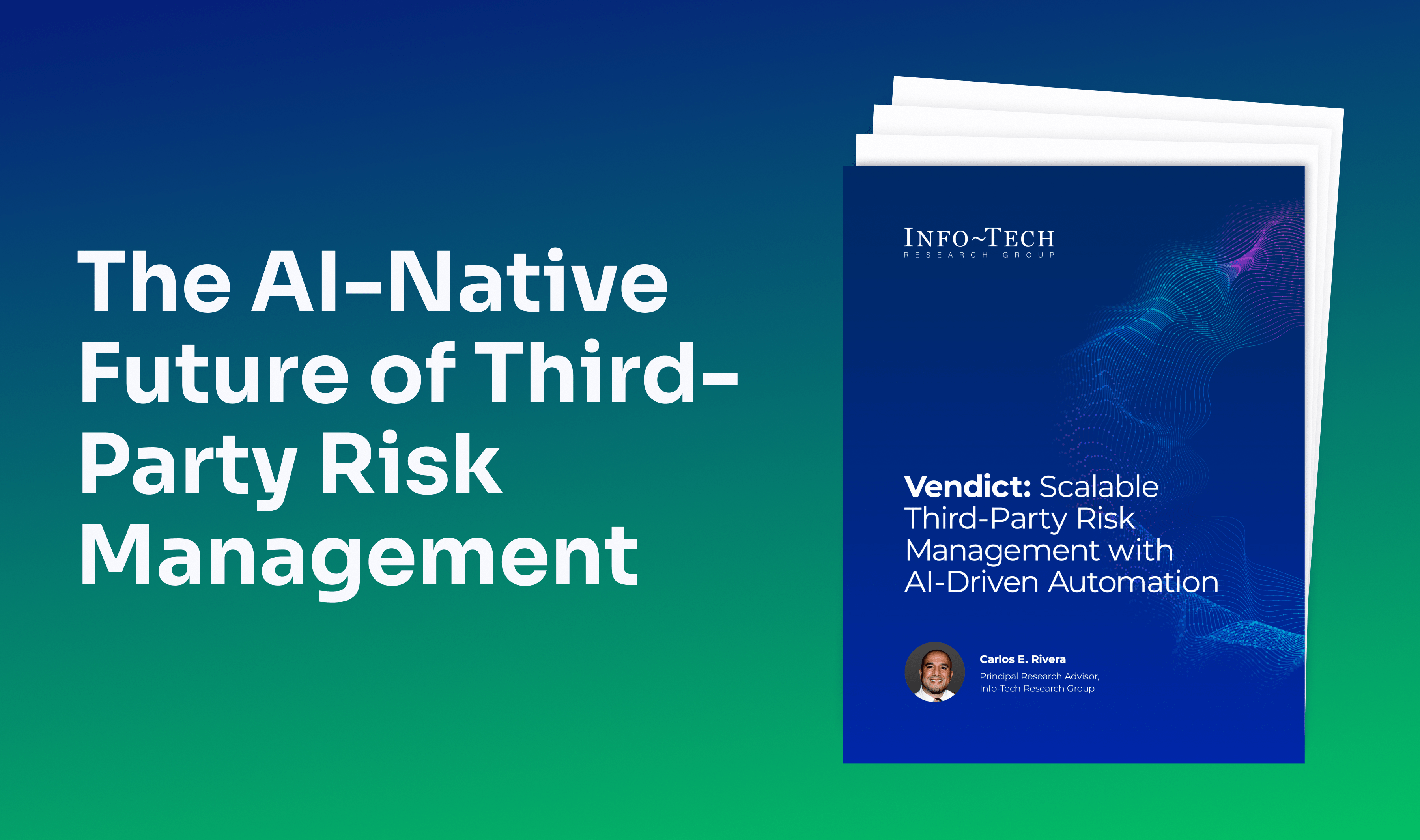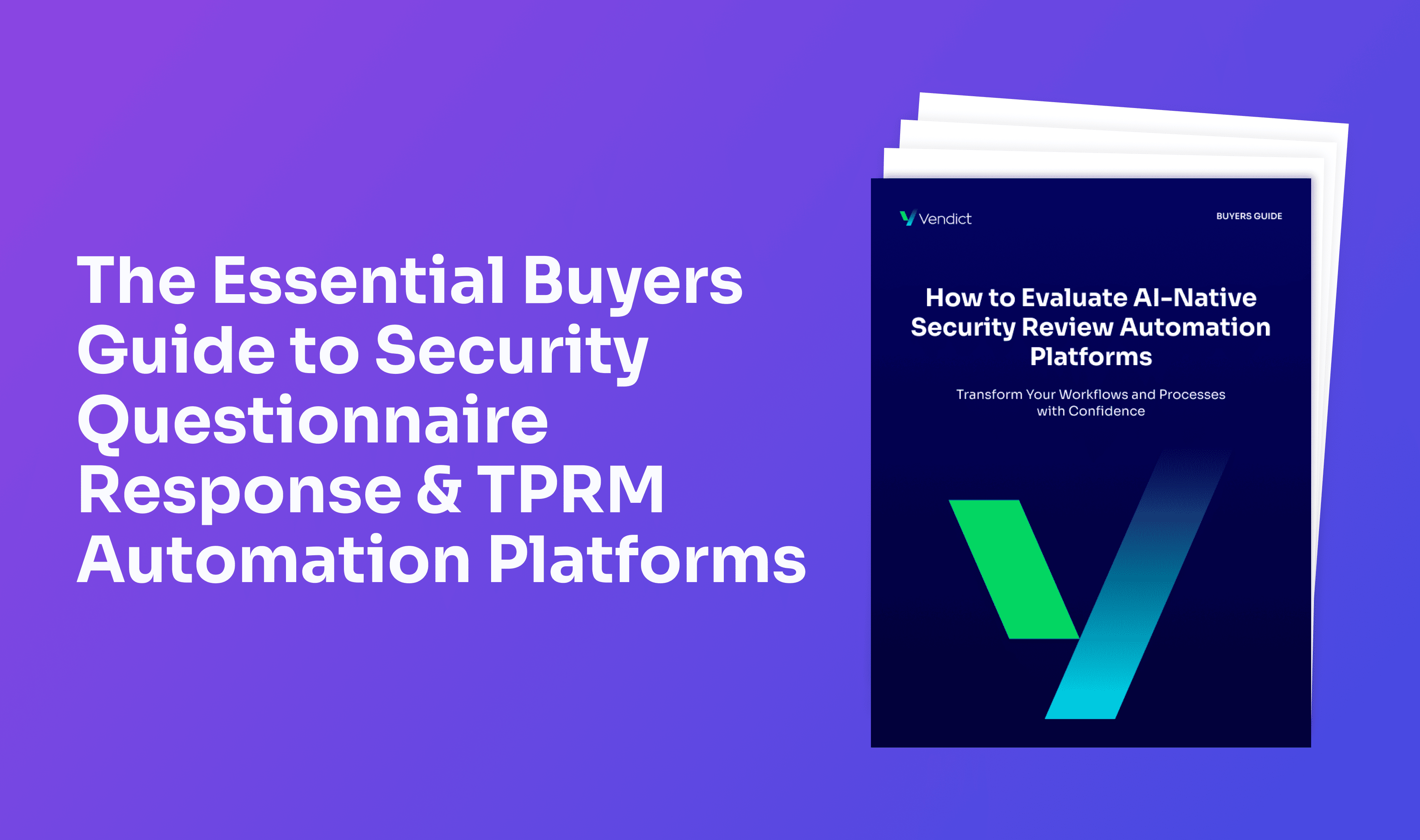The Impact of the EU AI Act on Cybersecurity Businesses

What does the EU AI Act mean for cybersecurity businesses in the European Union? This groundbreaking regulation sets new rules for how artificial intelligence (AI) is used across Europe. For cybersecurity companies, this means they need to follow stricter guidelines and adjust how they develop and manage AI technologies. The EU AI Act aims to ensure that AI is safe, transparent, and responsibly managed, promoting high standards for both compliance and innovation.
The Act, passed by the European Parliament on March 13, 2024, will gradually come into effect over the next two years, giving businesses a clear timeline to adapt their operations and strategies to meet these new standards. This phased introduction allows companies to plan and implement changes effectively, ensuring they can continue to innovate while staying compliant.
What Is the EU AI Act?
The EU AI Act represents a significant step forward in regulating artificial intelligence across various sectors within the European Union. Its primary purpose is to ensure that AI systems are used in a safe, transparent, and accountable way, thereby promoting ethical AI practices.
Key provisions of the Act focus on categorizing AI systems according to their risk levels, from minimal to unacceptable risk, and imposing corresponding regulatory requirements.
This includes strict obligations for high-risk applications, commonly used in areas like biometric identification and critical infrastructure – sectors where cybersecurity firms often operate. The Act’s emphasis on transparency means that companies must disclose how their AI systems work, particularly when these systems could impact the rights and safety of individuals.
When Was the EU AI Act Passed?
The EU AI Act was formally adopted by the European Parliament on March 13, 2024. This groundbreaking legislation is the world's first comprehensive legal framework for artificial intelligence. The adoption followed a period of negotiations between the European Parliament and the Council of the European Union, concluding in a political agreement in December 2023.
The Act is scheduled to be published in the Official Journal in May or June 2024 and will officially enter into force 20 days after its publication. Its provisions will be gradually applied: prohibitions on certain AI systems will become enforceable six months post-enactment, provisions concerning generative AI will take effect after 12 months, and most other provisions will activate two years after the Act comes into force.
How Will the EU AI Act Affect Cybersecurity Companies?
The EU AI Act introduces specific implications for cybersecurity companies, challenging them to align their operations with new regulatory standards while seizing opportunities for innovation.
Compliance Requirements
Cybersecurity firms must adhere to stringent compliance measures under the EU AI Act, especially those using AI in high-risk areas. This involves implementing ethical AI practices and ensuring that AI operations are transparent and accountable. Companies must conduct thorough assessments to document and mitigate risks associated with AI systems.
Increased Accountability
With the EU AI Act, there is an elevated level of accountability for cybersecurity companies. The Act demands detailed documentation of AI activities, including data sources, decision-making processes, and the handling of data breaches. This accountability extends to ensuring that AI systems do not compromise the security, privacy, or rights of individuals and entities.
Innovation Focus
The Act also encourages innovation by setting clear guidelines for ethical AI development. For cybersecurity companies, this means investing in AI solutions that comply with stringent regulations and set new standards for effective and secure AI applications. The regulatory framework can drive the development of more advanced, ethical AI tools that differentiate companies in a competitive market.
Market Access and Competition
Adherence to the EU AI Act may give cybersecurity firms a competitive edge, as compliance can enhance trust with clients and regulatory bodies. Firms that proactively meet and exceed these standards might enjoy better market access and expanded business opportunities across Europe.
Collaboration and Standards
The Act promotes collaboration among industry players, regulators, and standard-setting bodies to establish common benchmarks for AI in cybersecurity. This collaboration is crucial for developing industry-wide best practices and ensuring that AI technologies are used safely and effectively.
What Is the EU AI Act's Role in Mitigating Cybersecurity Risks?
The EU AI Act is a critical regulatory framework specifically designed to address potential cybersecurity vulnerabilities introduced by artificial intelligence technologies. By setting stringent standards for transparency, accountability, and ethical practices, the Act aims to ensure that AI-powered cybersecurity solutions do not inadvertently create new risks or exacerbate existing ones. Key provisions of the Act require comprehensive risk assessments and robust security measures to safeguard against unauthorized access, data breaches, and malicious AI behavior. These measures are crucial in preventing AI systems from becoming exploitable weaknesses within critical infrastructure and business operations.
The Act emphasizes the importance of continually monitoring and updating AI systems to adapt to emerging threats and vulnerabilities. This proactive approach mitigates risks and enhances the overall resilience of cybersecurity defenses, ensuring they remain effective against sophisticated cyber attacks. The EU AI Act promotes safer, more reliable AI applications within the cybersecurity sector by mandating higher standards for AI development and deployment.
What Are Non-compliance Penalties With the EU AI Act?
Failing to comply with the regulations outlined in the EU AI Act carries significant penalties, underscoring the seriousness with which the EU regards the responsible deployment of AI technologies. Non-compliance can result in hefty fines, up to 7% of a company’s global annual turnover, making it one of the most stringent penalties in global regulatory frameworks. These financial penalties are designed to incentivize compliance and ensure that companies prioritize the development of AI systems that are not only innovative but also secure and ethical.
Beyond financial penalties, companies may also face reputational damage and loss of consumer trust, which can have long-lasting effects on business prospects and market position. Regulatory authorities may also impose operational restrictions, including orders to cease certain AI activities until compliance is achieved, which could disrupt business operations and lead to significant financial losses. Thus, adherence to the EU AI Act is not only a legal requirement but also a critical component of maintaining corporate integrity and trustworthiness in a marketplace that increasingly values ethical considerations in AI.
Best Practices for Implementing the EU AI Act into Cybersecurity Organizations
To effectively incorporate the EU AI Act, organizations should prioritize the following strategies:
- Establish Strong Governance: Set up robust governance frameworks that clearly define responsibilities for AI decision-making and data management. Regular training and awareness programs are essential to ensure all employees are up-to-date on the legal and ethical aspects of AI technologies.
- Regular Audits and Risk Assessments: Continuously evaluate your compliance with the Act and identify any vulnerabilities that AI applications might exploit. These audits are key to maintaining regulatory compliance and adjusting to changes in the legal landscape.
- Cultivate Responsible AI Practices: Build a culture of responsible AI by incorporating ethical considerations into every stage of AI system design and operation, from data collection to deployment and user interactions. Emphasizing transparency and ethical practices not only enhances compliance but also strengthens client and regulator trust.
- Engage with Industry and Regulators: Stay connected with industry stakeholders and regulatory bodies to keep abreast of evolving standards and practices related to AI. Participating in industry-wide initiatives can help establish benchmarks for compliance and innovation, pushing the entire sector towards safer and more reliable AI applications.
-
Bottom Line
The EU AI Act represents a significant step forward in regulating artificial intelligence within the cybersecurity sector. By adhering to this new regulatory framework, cybersecurity companies enhance their compliance and position themselves as leaders in developing secure and ethical AI solutions. The Act's focus on transparency, accountability, and continuous improvement drives innovation and fosters a competitive advantage in the global market.
For cybersecurity businesses, the successful implementation of the EU AI Act is not just about avoiding penalties but also about seizing opportunities to enhance operational resilience and trust. Proactively adapting to these regulations can help companies navigate the evolving landscape of AI governance effectively, ensuring that they continue to meet both client expectations and regulatory requirements.
FAQs
What is the scope of the EU AI Act?
The EU AI Act is a comprehensive regulatory framework that aims to govern the development, deployment, and use of artificial intelligence systems across various sectors within the European Union. It categorizes AI systems based on risk levels, imposing stricter controls on high-risk applications to ensure safety, transparency, and accountability.
How does the EU AI Act impact cybersecurity companies?
The EU AI Act directly affects cybersecurity companies by setting specific requirements for AI systems used within security contexts. These include mandatory risk assessments, adherence to ethical AI practices, and ensuring transparency in AI operations. Compliance with these regulations is crucial for maintaining trust and avoiding significant penalties.
How does the EU AI Act address cybersecurity risks?
The Act mandates rigorous security measures and continuous monitoring of AI systems to prevent and mitigate potential cybersecurity risks. It focuses on safeguarding data privacy and integrity, requiring companies to implement measures that protect against unauthorized access and data breaches.
How can cybersecurity firms ensure compliance with the EU AI Act?
Cybersecurity firms can ensure compliance by establishing clear governance for AI practices, conducting regular audits, and integrating ethical considerations throughout the AI lifecycle. Continuous education and collaboration with industry groups are also vital for staying updated with regulatory changes and best practices.
What penalties exist for non-compliance with the EU AI Act?
Non-compliance with the EU AI Act can result in fines of up to 7% of global annual turnover, among the highest for any regulatory framework. Companies may also face reputational damage, operational restrictions, and legal actions, further impacting business operations and client trust.
What are the key compliance requirements under the EU AI Act?
Key compliance requirements include conducting thorough risk assessments, documenting all AI processes, and ensuring that AI systems are transparent and accountable. Cybersecurity companies must also demonstrate that their AI applications adhere to ethical standards and do not compromise user privacy or data security.
.png)









.png)